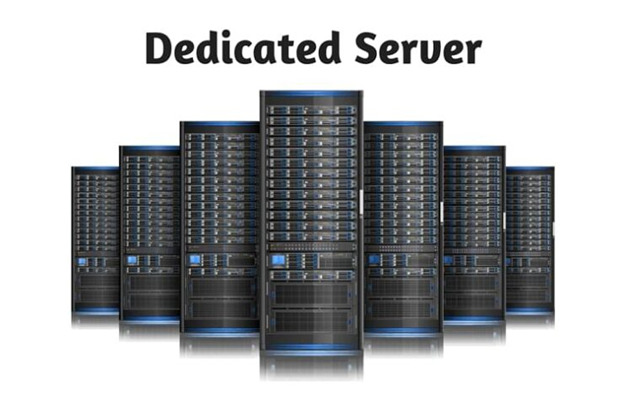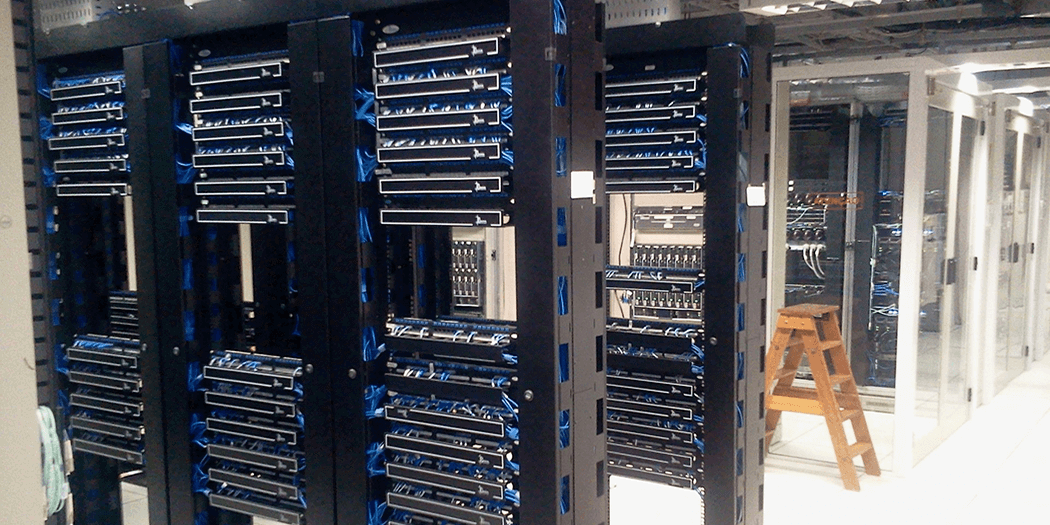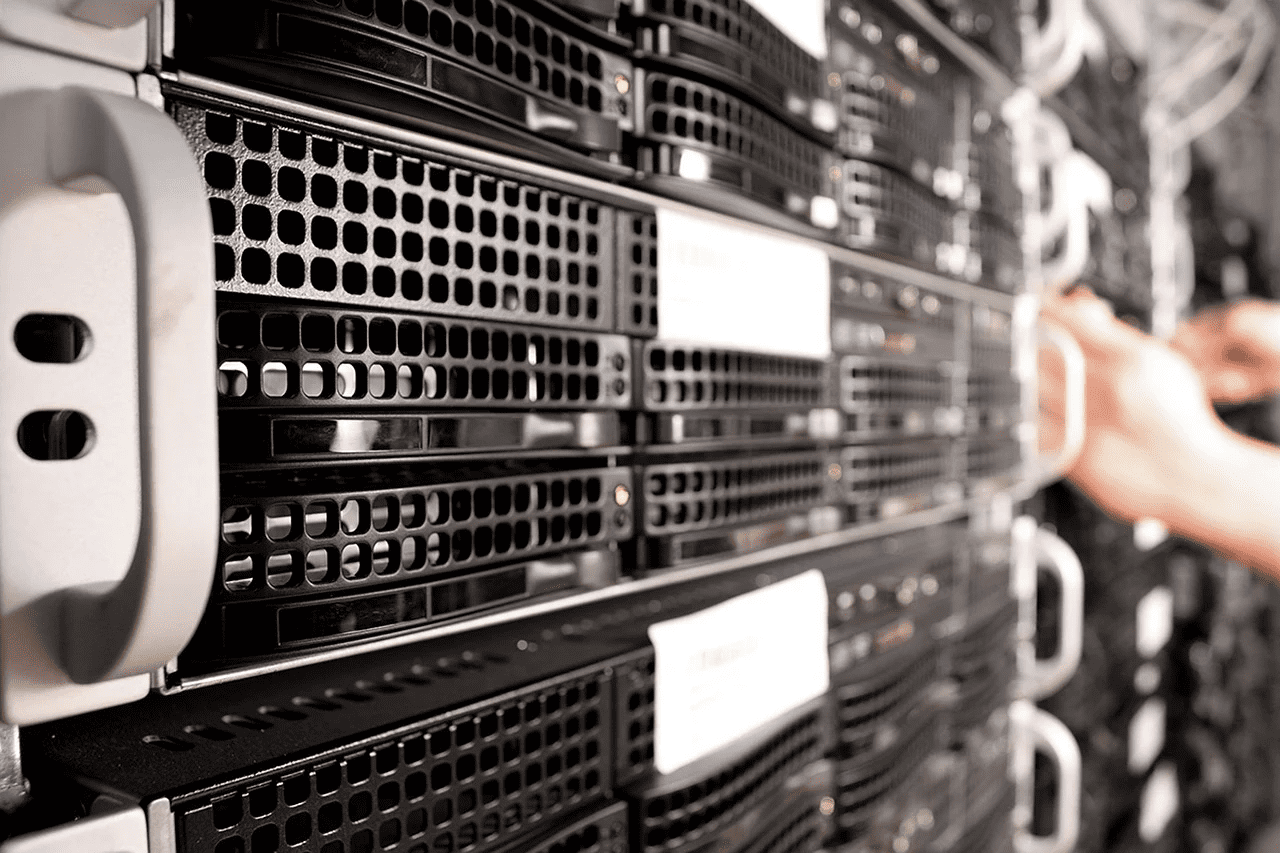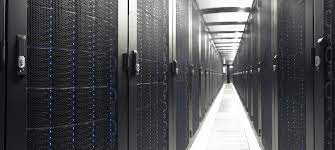Hello!
 A dedicated server is a type of hosting you have a whole physical machine with all its resources like power, network bandwidth, and memory, at your disposal. You can use it to keep your data, run websites or applications. In comparison to other types of servers, a dedicated server provides a higher degree of flexibility and performance, but for a higher price than a shared server. So, whether you need a dedicated server or not, depends on the type of your company and the scale of your needs. Let’s have a closer look at what dedicated servers and shared servers are best for.
A dedicated server is a type of hosting you have a whole physical machine with all its resources like power, network bandwidth, and memory, at your disposal. You can use it to keep your data, run websites or applications. In comparison to other types of servers, a dedicated server provides a higher degree of flexibility and performance, but for a higher price than a shared server. So, whether you need a dedicated server or not, depends on the type of your company and the scale of your needs. Let’s have a closer look at what dedicated servers and shared servers are best for.
Dedicated Server vs. Shared Hosting
Dedicated Server
A dedicated server, in the first place, should be an option for you if you own a larger business and need therefore to handle large spikes in traffic, deal with big amounts of data or run multiple web capacities simultaneously.
 A dedicated server provides as well a higher level of security and privacy, so if you deal with big amounts of private data, like your clients’ personal information, etc., it may also be beneficial to use a dedicated server.
A dedicated server provides as well a higher level of security and privacy, so if you deal with big amounts of private data, like your clients’ personal information, etc., it may also be beneficial to use a dedicated server.
However, you should take into consideration that dedicated server providers usually don’t include service fees like maintenance, administration, and security into regular pricing plans, which makes it again an overall more expensive option. But these paid options provide you with rather high flexibility in terms of security with many options to choose from. Also, dedicated servers have a lesser risk of any potential data breaches.
Shared Hosting
 Unlike dedicated hosting, in the case of shared hosting, the resources of a single physical machine are shared between the clients, together with its resources like disk space or bandwidth including the IP. Usually, the clients who choose shared hosting are smaller organizations with smaller needs requiring no large amounts of disk space or high scalability.
Unlike dedicated hosting, in the case of shared hosting, the resources of a single physical machine are shared between the clients, together with its resources like disk space or bandwidth including the IP. Usually, the clients who choose shared hosting are smaller organizations with smaller needs requiring no large amounts of disk space or high scalability.
Benefits of A Dedicated Server
- Performance: Since all the resources of a dedicated server are at your disposal, you won’t have to worry about the simultaneous server workloads of other companies.
- Customizability: A dedicated server allows for much more flexibility in terms of features you can choose and change, be it micro-segmentation of a network or deployment of specialized software.
- Data Security: With a dedicated server being your sole space of yours, data breaches are less likely to happen, as there is no risk that other companies’ breaches will affect you.
When A Dedicated Server is not A Good Fit for You
 In the first place, dedicated servers serve companies that deal with serious amounts of traffic and high bandwidths, which aren’t often the demands of smaller organizations.
In the first place, dedicated servers serve companies that deal with serious amounts of traffic and high bandwidths, which aren’t often the demands of smaller organizations.
Furthermore, dedicated servers often need additional technical expertise for maintenance and administration, for which one has to spend extra money unless one doesn’t have the required technical experts in the team – which is often the case with big companies but not with small ones.
Dedicated Hosting vs Cloud Hosting or VPS
In terms of performance, cloud hosting is in some way similar to dedicated hosting. Cloud similar to a dedicated server, provides even a higher level of scalability and flexibility, as the traffic is diverted to other data centers. However, the cloud cannot support legacy applications and databases, which doesn’t make it a universal alternative to dedicated servers. As for VPS, it loses to a dedicated server in terms of security and computing power either.
Reasons to Choose A Dedicated Server
 Summarizing all the above, we can now deduce, which are the main reasons why you will need a dedicated server:
Summarizing all the above, we can now deduce, which are the main reasons why you will need a dedicated server:
- If your company is big enough or is growing constantly, the need for a higher performance may arise, as popular sites have to deal with traffic spikes, otherwise, there can be speed drops resulting in losses of revenue.
- Security – if your company has to handle sensitive information, like confidential emails or credit card numbers, a dedicated server may be a must for you. With it, you’ll be able to manage the security of your website on your own.
 Anyway, a dedicated server will also highly increase the loading speed of your website, which can increase your engagement metrics as well as decrease the bounce rates.
Anyway, a dedicated server will also highly increase the loading speed of your website, which can increase your engagement metrics as well as decrease the bounce rates.
Finally, a dedicated server gives you more freedom of control, like installing any software you require or choosing an operating system.
Conclusion
 To summarize, a dedicated server is perhaps the most powerful and secure hosting solution. It may be redundant if you own a smaller website like a personal blog etc., but if you own a bigger business, with the need for high bandwidths, scalability, and control over your data and resources, then a dedicated server might be the most optimal option.
To summarize, a dedicated server is perhaps the most powerful and secure hosting solution. It may be redundant if you own a smaller website like a personal blog etc., but if you own a bigger business, with the need for high bandwidths, scalability, and control over your data and resources, then a dedicated server might be the most optimal option.
Thank you!
Join us on social networks!
See you!






